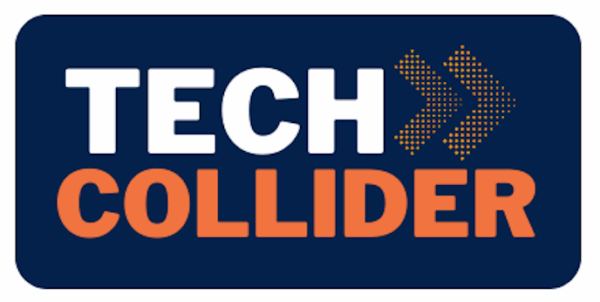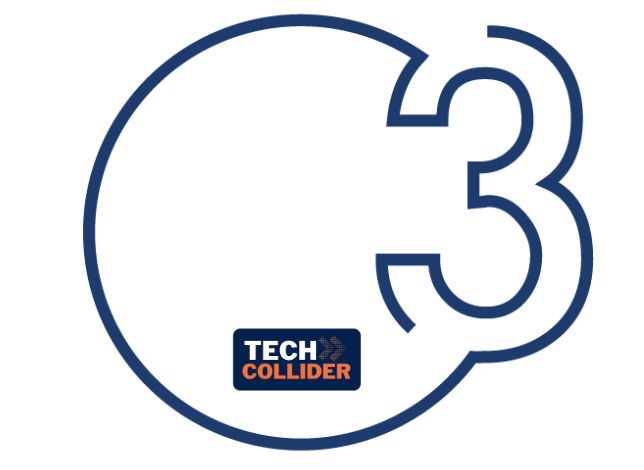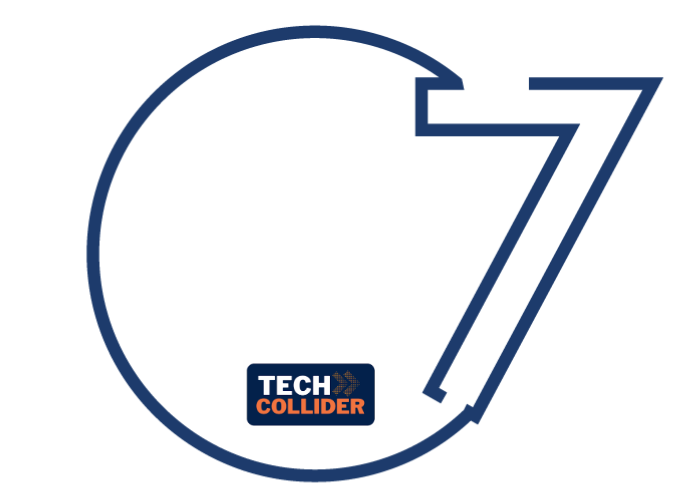The patented peptides are synthetic analogs of the natural peptaibolic trichogin GA IV, chosen because it consists of only 11 amino acids, and is therefore easy to produce. Some glycine residues were replaced with Lysines to make peptides more water-soluble, These analogs, produced by simple standard peptide synthesis are active against the important phytopathogens of fruits, vegetables, and cereal crops (Plasmopara viticola, Botrytis cinerea, Penicillium italicum, Penicillium digitatum, Penicillium expansum, Fusarium graminearum, and Pyricularia oryzae).
The use of our water-soluble analogues makes it possible to avoid the poor reproducibility associated with the use of both peptaibolics as such, i.e., “natural extracts” produced by fungi of the genus Trichoderma, which consist of heterogeneous mixtures with poor solubility.
The synthetic peptides were initially tested in vitro against various fruit, vegetable and cereal pathogens, and proved to be particularly effective in inhibiting disease development even at low micromolar concentrations. The efficacy of one of the peptides against downy mildew was confirmed after two years of open field grapevine trials, with a level of protection comparable to that obtained by treating with a copper-based formulation.












